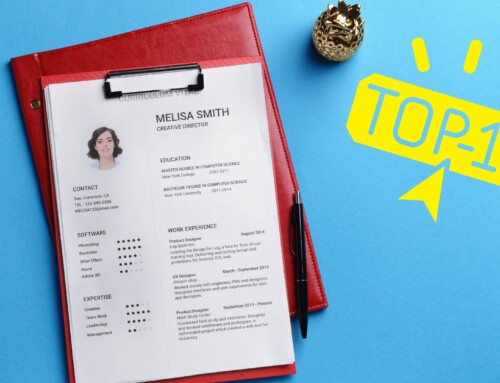With the current record prices for gas and electricity all over Europe, companies must be very careful with their energy consumption if they want to stay afloat. When you measure the difference in electricity prices by “times,” you know it’s time to act fast. And here’s what you can do to minimize your energy expenses:
Preventive energy saving
There is no point in saving energy if you don’t do regular maintenance. A small leak can cost you more water per day than your entire water consumption. Keep in mind leaks keep leaking 24/7. Even a drip can easily double your water bill.
Make sure you check the window and door frames, especially before winter. Insulation gone bad will cost you a lot of valuable energy, and the employees working nearby will be cold no matter how hard you try to warm the place up.

Don’t use old-fashioned light bulbs. A chandelier with four 80 W conventional bulbs consumes the same energy as about 30 LED bulbs. And you get the same amount of light per bulb!
Now that we’ve covered the basics, we can move on to the details.
Heating and cooling the premises
You don’t really need to be an expert in thermodynamics to be able to save energy on heating and cooling. To start with, set the temperatures to normal amounts. There’s no point in employees carrying shorts and t-shirts to work in the winter, so they’re not too hot. Also, nobody likes bringing a blanket to work in the summer because it’s freezing.
The optimal temperatures for a working environment are 24.5 degrees Celcius in the summer and 22 in the winter. Keep in mind a few degrees lower or higher are not a big deal. And because of the current prices of gas and electricity, you can even try to save a bit more. For example, the German economy minister suggested that institutions and businesses shouldn’t be heating to over 19 degrees Celsius.
Do not turn the heating off after working hours or on weekends. It’s better to lower the temperature but keep the premises somewhat warm. You use a lot less energy for maintaining a temperature compared to the amount of energy needed to reach it.
Make sure your employees are involved
It’s good to communicate openly with your staff. Inform them about the amount you pay for energy at the moment, and compare it to the amount you paid last year for the same period. Explain there’s no way they’re getting a nice Christmas bonus unless you decrease your energy consumption by a certain amount.
They should also understand that even though a business is owned by the shareholders their salary is directly connected to the difference between income and expenses. And the rising prices of energy are an expense that doesn’t bring in any income. After the employees understand why those measures are needed they would be much more compliant.
Teach energy saving
After your team is on board, it’s time to explain what they should do to save energy. To start with – turn off things you don’t use. There’s no point in having PCs on at night. If the room is empty, the lights must be switched off. Nobody is going to make themselves coffee or print things outside of working hours – turn those off too.

Fresh air is important – especially in the winter. You should promote ventilating, but it should be done right. Do it briefly, but intensively. Open the windows wide, and don’t keep them open for more than five minutes.
Now that you know what to do and your team is also involved in saving energy you have just one more problem to solve – should you put the saved money into a nice Christmas dinner for the team, give them a bonus for the holidays, or both?







